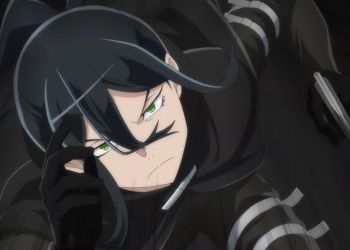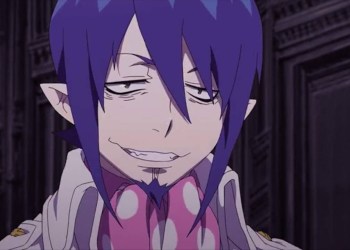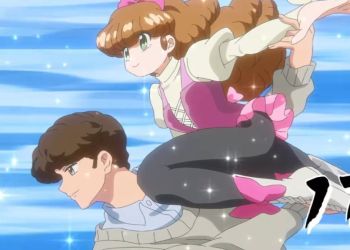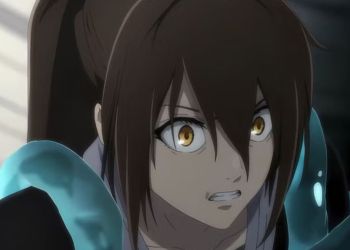What Inspired Makoto Shinkai to Create Suzume?
Everyone knows by now that Makoto Shinkai’s third masterpiece, Suzume, has become a worldwide phenomenon. You have to admit that even though it feels overwhelming at the time, this doesn’t happen all the time. This also guarantees that the film will be highly recommended by the anime community.
The film’s director and writer attended the premiere on March 1 and stayed for a Q&A at BFI Southbank. While admitting some apprehension about returning to the West, he did offer some thoughts on the movie.
Shinkai begins by stating that he is a stranger to the Western culture that has established itself as the gold standard in filmmaking. He took this opportunity to explore his Japanese heritage in search of a universal truth.
The first inquiry concerned the transition from the love tale at the story’s outset to the story’s later societal and psychological themes. Shinkai says that the ‘girl meets boy’ plot technique was utilized to set up the climax.
‘Yes, you’re right, it’s not a love story in the same way that your name’ said by director Makoto Shinkai; rather, it’s about how a victim of the real-life Great East Japan Earthquake recovers her sense of identity and finds the strength to move on. These “boy meets girl” scenes are a gateway into that, and they also add to the film’s levity.
Shinkai elaborated that he related more to Suzume’s aunt. It was a reflection of his love for his daughter, who is 12 years old. Since he was in contact with the crew from home, his daughter frequently inquired as to the status of the film. She wanted to see the movie again the day she saw it.
The director was asked about the prevalence of runaway characters in both the film and Weathering With You, and he stated that it was in part due to his upbringing.
Shinkai: “I was raised in Nagano, Japan, where the tall mountains served as natural barriers, much like the massive wall in Attack on Titan. Back in school, I would stare out the window at the distant mountains and think, “There must be something more fun beyond; there must be a more exciting future on the other side of the mountains.”
Curiosity drove him to leave school and head to Tokyo. Shinkai claims that his films depict his desire to soon leave this world and discover what is beyond.
In response to a question regarding whether or not he ever considers making a picture with an adult protagonist, the director revealed that he has often toyed with the idea.
Shinkai: “I have these teenagers as the protagonists because I have always considered that animation was for young people. Now that there are so many promising young directors on the rise, I feel like maybe it’s time for me to step aside from the realm of youthful protagonists.
He continues by saying that if you’re in your 50s, 60s, or 70s, you may still demonstrate your romantic feelings in his upcoming work. Manga and anime, popular throughout Japan, have frequently dealt with this topic.
He continues, saying that he directed films primarily for a Japanese audience at first, but that he now makes movies for people of all ages, something he never did before.
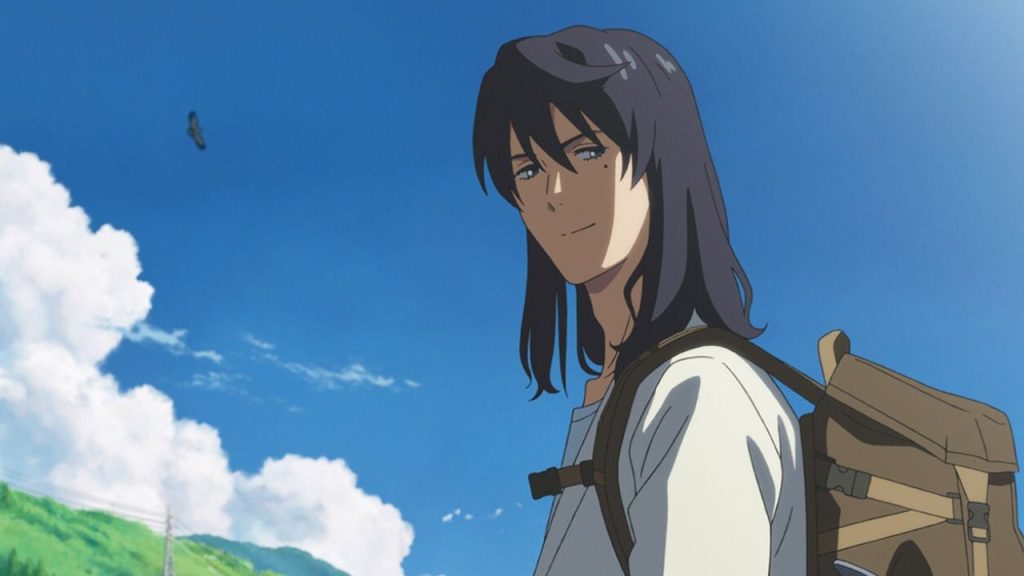
The director has expressed his irritation with the label “The Next Miyazaki”, noting that he has made an effort to distinguish his films from those of Miyazaki. Nonetheless, Miyazaki remains his favorite, and his work is even referenced musically in Suzume.
At the end of the interview, Shinkai was asked how viewers in Tohoku felt about the film’s conclusion. He said that while a lot of people appreciated the movie, he heard from a few offended viewers.
To which Shinkai responded, “And what many of them said was “Thank you”; they thanked me for making this film. They found something in the film that they’d been looking for, they stated. It was a lovely experience because I found that they were encouraging me.”
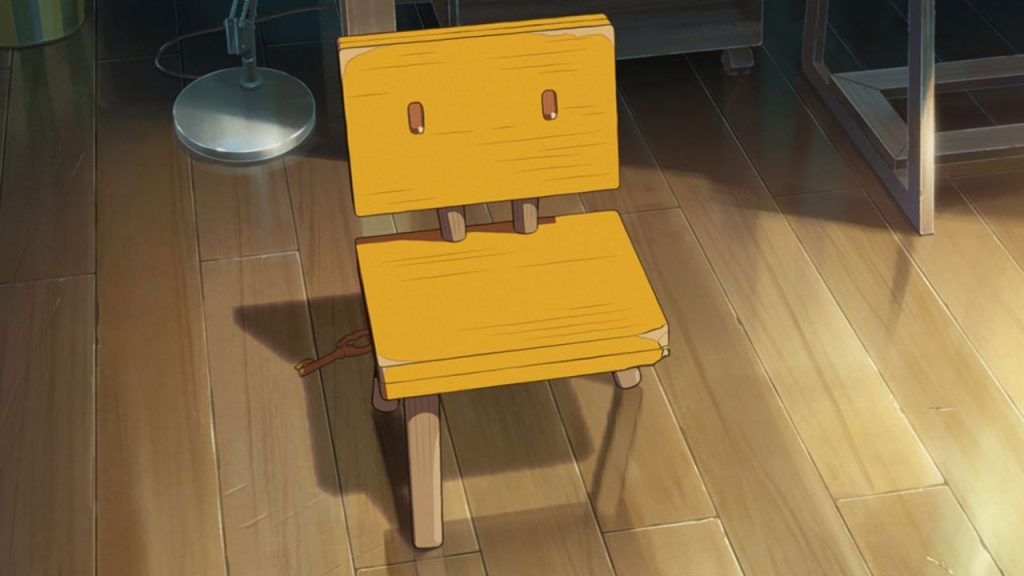
But I also think some people missed out on the Q&As because they stayed home. Some people probably didn’t want to see it, didn’t like it, or didn’t understand why I made it. I caught an interview with a man who lost his wife in the tsunami on NHK, the national broadcaster, and he said something to the effect of “I can’t believe I would make a film like this.”
Thanks to Shinkai’s commentary, we now have a more in-depth understanding of the film, making it more accessible and meaningful to viewers all over the world. Do you share his view, assuming you saw the film? What do you think of it?
Suzume no Tojimari
Makoto Shinkai directed the anime feature film Suzume no Tojimari. On November 11, 2022, it made its debut. In August of 2022, Shinkai published a novelization of the film.
Suzume, a young woman of seventeen in the film, is the protagonist. She encounters a young man searching for a door. A series of tragedies befall Japan after Suzume opens a mysterious door she finds among the rubble. To prevent Japan’s destruction, Suzume must now seal them all.
